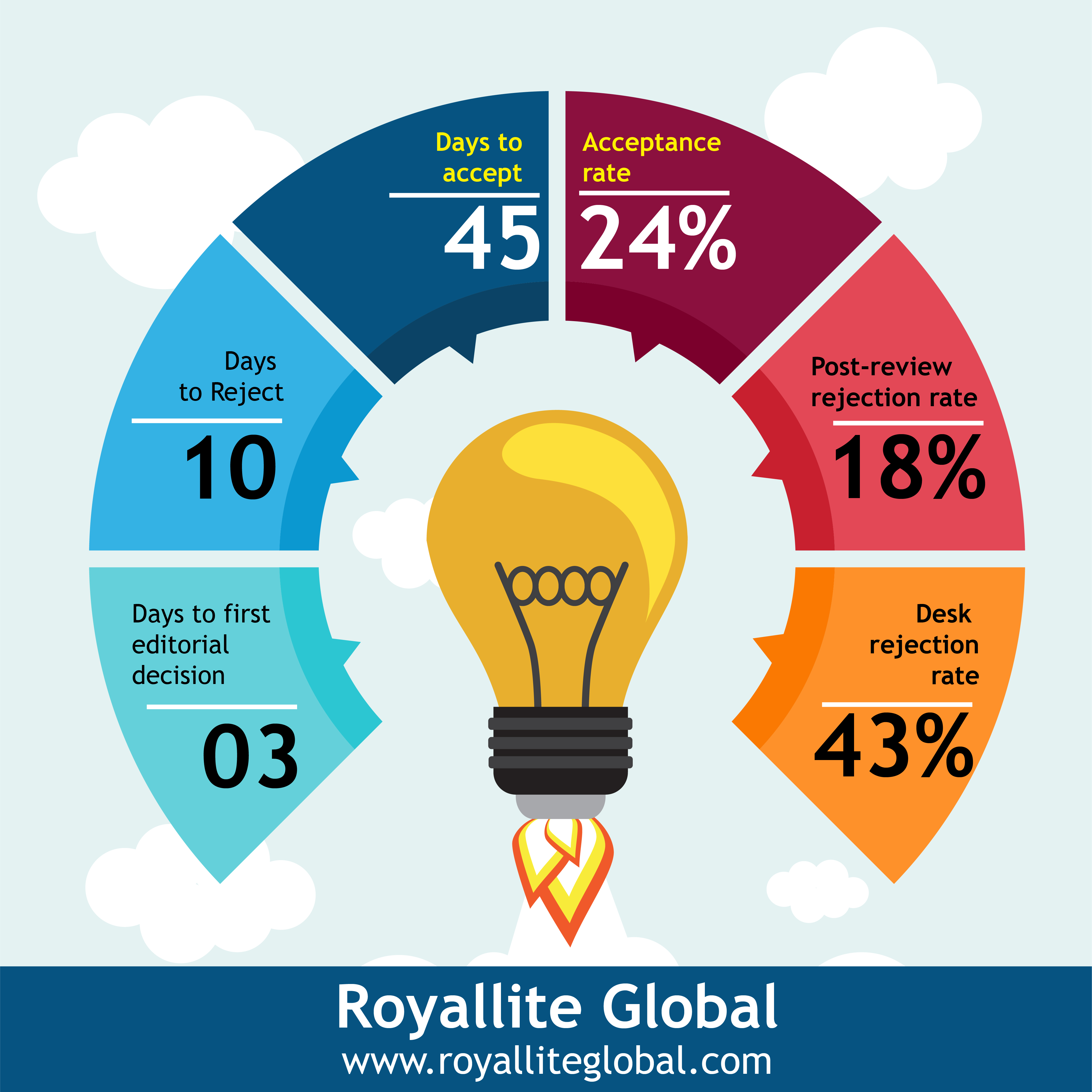Analysis of syntatic effects of some names of the deities in the Bono Kingdom
Keywords:
clausal truncation, deities, complex sentence, simple sentence, syntax.Abstract
The investigation analyzed the syntactic effects of Some Name of Bono Kingdom. The analysis took into consideration one hundred and twenty (120) respondents as the population sample with an equal gender distribution of sixty (60). The purposive sampling technique was employed to elicit essential information for the investigation. Unstructured interviews, observation, and recording were the data collection instrument. The syntax processes were discovered as the effects of Some Names of the Deities in the Bono Kingdom. Some of these effects were phrases, clauses, simple sentences, complex sentences, and compound sentences as well as clausal truncation. The dependent and independent clauses were also outlined. This investigation had X – Bar Theory propounded by Noam Chomsky (1957) as its reference point. It was finally realized that the effects of syntax on the Names of Deities in the Bono Kingdom were fundamental in the Akan setup.
References
Afoakwa, K. N. (2001). Twi kasa ho adesua bi. Kumasi: Ghanaian Language and Culture Department.
Agyekum, K. (2010). Akan Kasa Nhyehy[e[. Accra: Dwumfour Publication.
Agyekum, K. (2006). The Sociolinguistic of Akan Personal Names. Nordic Journal of African Studies 15(2), 206-235.
Akrofi, C. A. (2011). Twi Kasa Mmara. Accra: Waterville Publishing House.
Andrews, C. (2013). Syntax. A Generative introduction. United Kingdom: A John Wiley & Son Ltd Publication.
Andrews, C. (2016). Syntax. A Generative introduction. Singerpore: C.O.S Printers pte Ltd.
Andoh – Kumi, K. (1995). Basic Akan Grammar. Accra: Typed Co Ltd.
Boadi, L. A. (2010). The Akan Noun Phrase its Structure and Meaning. Accra: Black Mask Ltd.
Borsley, R. (1999). Syntactic Theory: A Unified Approach. Oxford, New York: Oxford University Press.
Chomsky, A. N. (1957). Syntactic Structure. The Hague Mouton.
Chomsky, A. N. (1965). Aspects of the theory of Syntax. Cambridge, Massachusetts: MIT Press.
Crystal, D. (2008). Language death. London: Mac Millian Publishers.
Diagne, P. (1984). Some toponyms and ethnonyms of Swaziland. In African Ethnonyms and Toponyms: Report and papers of the meeting of Experts 11-17. Paris: UNESCO.
Givon, T. (2001). Syntax; An introduction. John Benjemins Publishing Amsterdam. The Netherlands.
Gyekye, (2003). African Cultural Values. Accra: Sankofa Publishing Company Legon.
Kager (1999). Morphosyntax Analysis. Cambridge: Cambridge University Press.
Kornai, A. & Pullum, G. (1997). X – Bar Theory of Phrase Structure. Retrieved: https://www. Researchgate.net/publication/2775716 : 30/03/2020
Poole (2011). Syntactic Theory. Palgrave Macmillan: Macmillan Publishers Limited.
Saah, K. K. (2004). A survey of Akanaverbs and adverbials Journal of West African Languages 31(2), 47-58.
Van Valin, R. D. and Lapolla, R. J. (2004). Syntax Structure, Meaning and Function. Cambridge: Cambridge University Press.
Downloads
Published
Issue
Section
License
Copyright (c) 2020 David Adu Tuffour

This work is licensed under a Creative Commons Attribution-NonCommercial-ShareAlike 4.0 International License.
This open-access article is distributed under a Creative Commons Attribution (CC-BY) 4.0 license.
You are free to: Share — copy and redistribute the material in any medium or format. Adapt — remix, transform, and build upon the material for any purpose, even commercially. The licensor cannot revoke these freedoms as long as you follow the license terms.
Under the following terms: Attribution — You must give appropriate credit, provide a link to the license, and indicate if changes were made. You may do so in any reasonable manner, but not in any way that suggests the licensor endorses you or your use.
No additional restrictions You may not apply legal terms or technological measures that legally restrict others from doing anything the license permits.






